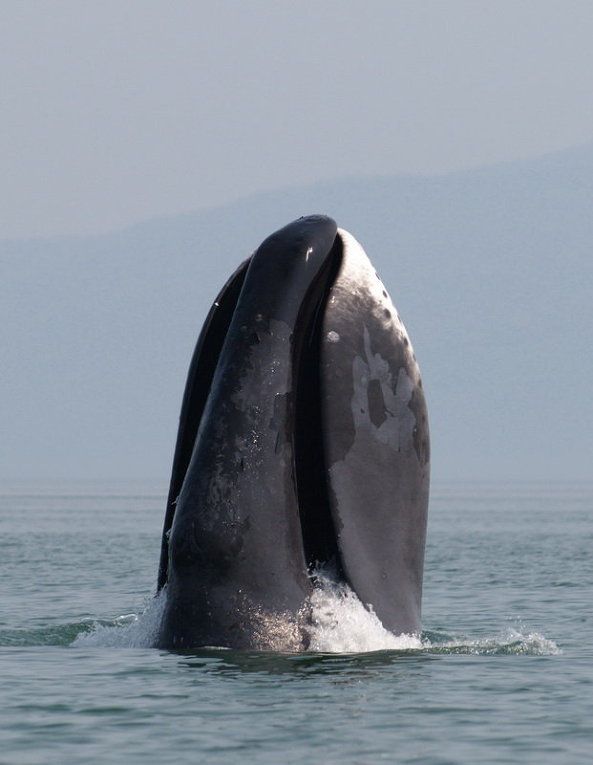If cancer is predominantly a random process, then why don’t organisms with thousands of times more cells suffer more from cancer? Large species like whales and elephants generally live longer, not shorter lives, so how are they protected against the threat of cancer?
While we have a great deal more to learn when it comes to cancer biology, the general belief is that it arises first from mutation. It’s becoming clear it’s actually an incredibly complicated process, requiring a range of variable factors such as mutation, epigenetic alteration and local environment change (like inflammation). While some students may have spent sleepless nights wondering how many mutated cells they contain after learning the fallibility of our replication mechanisms, the reality is that with such an error rate we should all be ridden with cancer in childhood — but we’re not. Our canine companions sadly often succumb around their 1st decade, but humans are actually comparatively good at dealing with cancer. We live a relatively long time in the mammal kingdom for our size and even in a modern environment, it’s predominantly an age-related disease.
While evolution may have honed replication accuracy, life itself requires ‘imperfection’ to evolve. We needed those occasional errors in germ cells to allow evolution. If keeping the odd error is either preferable or essentially not worth the energy tackling when you’re dealing with tens of trillions of cells, then clearly there is more to the story than mutation. In order to maintain a multi-cellular organism for a long enough period, considering that errors are essentially inevitable, other mechanisms must be in place to remove or quarantine problematic cells.
